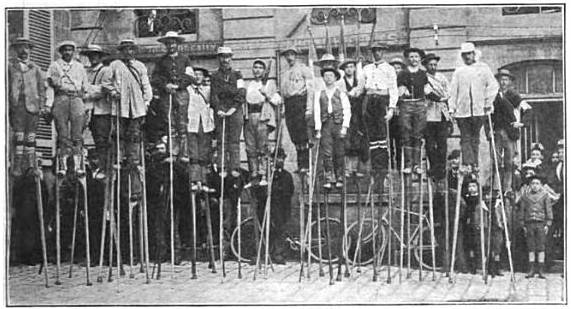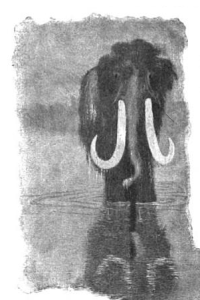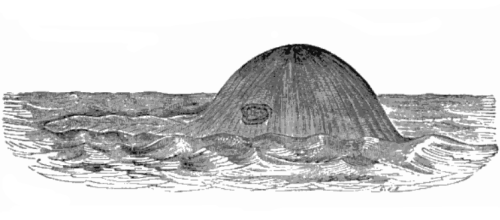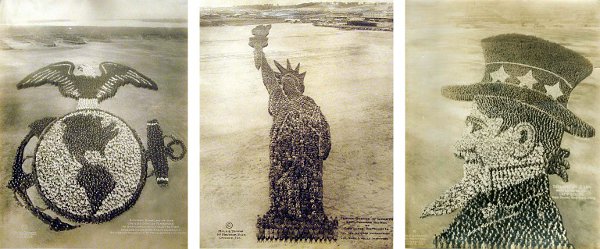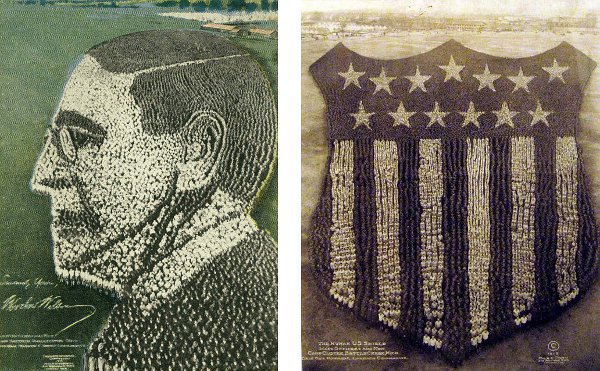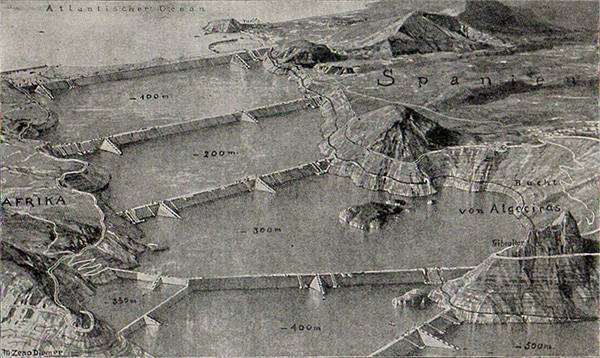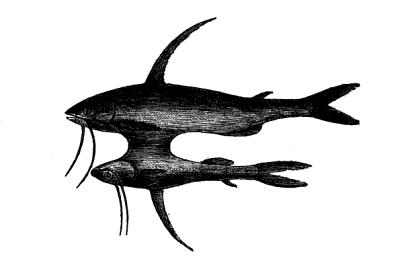In the 34th Volume of the Memoirs of the Royal Academy of Sciences of Turin (1830) Dr. Speranza of Parma relates the case of an individual whose left fore arm emitted an odor of Amber, or of Benzoin, or Balsam of Peru. The odoriferous emanations were sometimes so strong that they filled the whole of the large room in which the Doctor conducted his experiments upon this personage, whom he suspected at first of some charlatanry, but of whose sincerity he was soon convinced. He was a man of thirty four years of age, of a robust constitution, (having, until that time enjoyed constant health) agreeable eyes, expressive features, dark thick hair, a ruddy countenance, muscles prominent,–a man of ardent feelings and quick penetration; to whom nature had been liberal in her endowments. It did not appear that electricity had any part in the production of this singular phenomenon. An attack of bilious fever, in the course of two months, destroyed the cause, and the effect did not return after his recovery.
— American Journal of Science, August 1832


